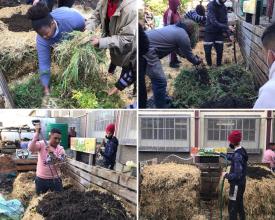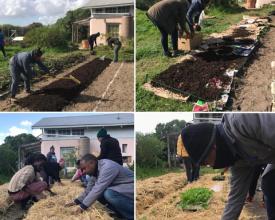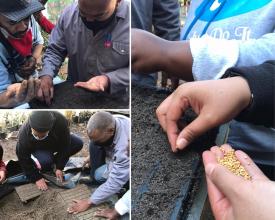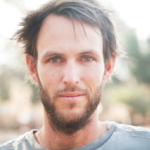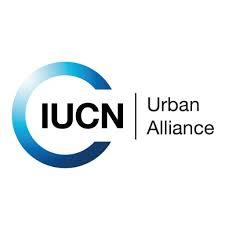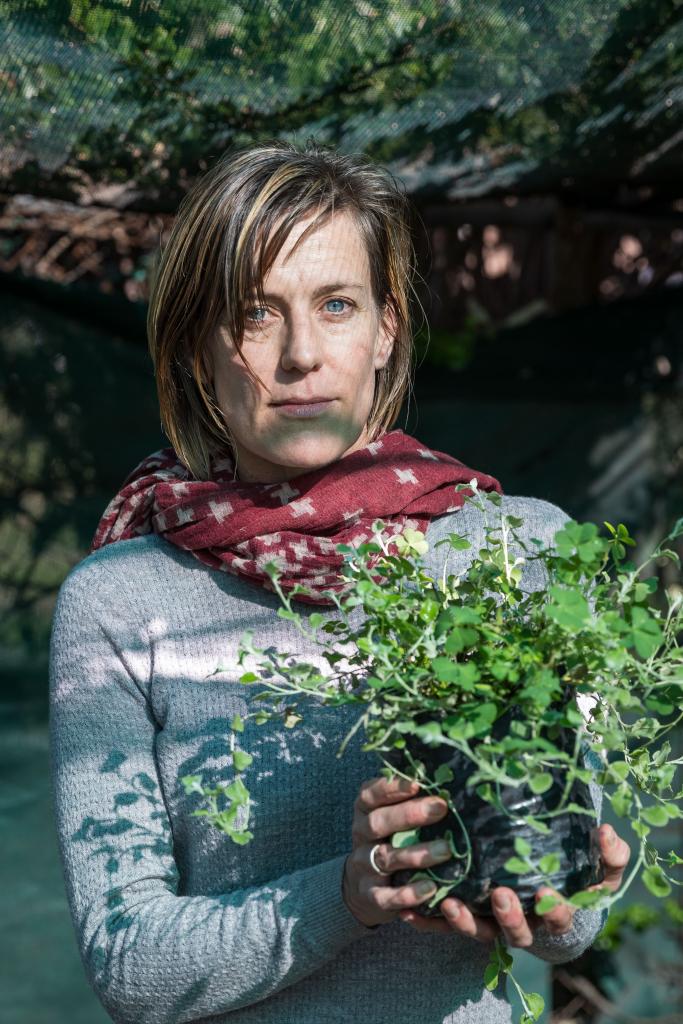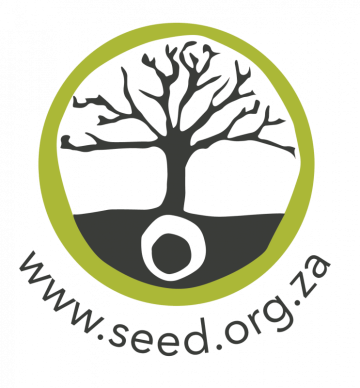
Aumentar la resiliencia real de los jóvenes de Cape Flats
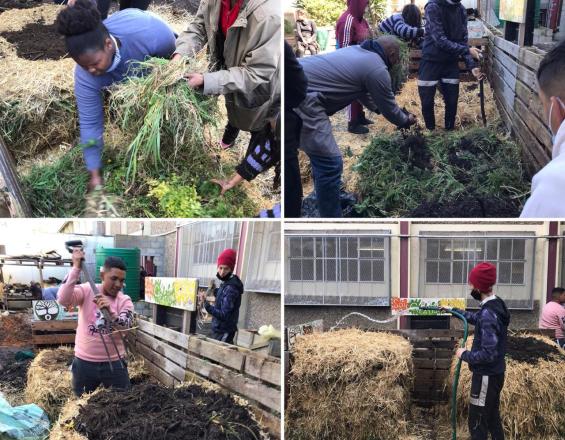
La resiliencia es nuestra capacidad para recuperarnos de los impactos y las tensiones. Las predicciones sobre el cambio climático apuntan a un aumento de estos impactos y tensiones, como la interrupción de nuestras cadenas alimentarias, el aumento de los incendios, la escasez de agua y el aumento de las temperaturas. Creemos que hay que trabajar urgentemente para aumentar la resiliencia de nuestra gente para sobrevivir y prosperar ante lo que se avecina. SEED es una organización sin ánimo de lucro que opera desde Cape Flats, en Sudáfrica. Nos centramos en aumentar la resiliencia real de las personas y en restaurar las comunidades desde dentro.
La formación en resiliencia de Seeding Futures es un programa acreditado de 11 semanas que desarrolla habilidades de resiliencia real en jóvenes desempleados y subempleados de Cape Flats y los conecta con medios de vida relevantes en la economía circular local.
El programa consta de 6 módulos que llevan a los participantes a través de una experiencia de aprendizaje diseñada para capacitar y empoderar a los jóvenes a través de una formación práctica y atractiva centrada en la resiliencia personal y colectiva.
Contexto
Défis à relever
Ubicación
Impactos
Hasta la fecha, hemos logrado los siguientes impactos:
- 300 jóvenes equipados con habilidades reales de resiliencia a nivel personal, familiar y vecinal.
- 300 jóvenes conectados a medios de vida a través de Job Shadows, empleo y empresas de economía circular.
- Creación de 20 empresas locales de economía circular.
- 75 graduados formados como formadores en resiliencia.
- 480 antiguos alumnos apoyados a largo plazo mediante el desarrollo de capacidades y la conexión con oportunidades.
- 1870 personas locales beneficiadas gracias a la formación de los graduados.
- 10 huertos locales iniciados y cultivados a través de las redes de antiguos alumnos.

